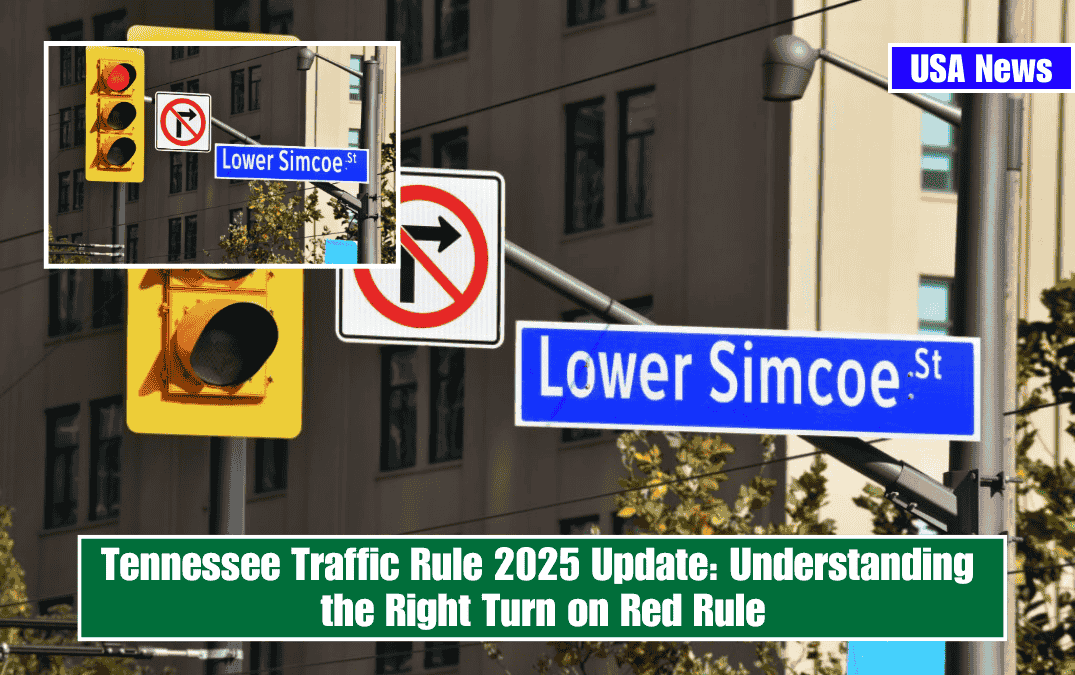Flipping off a police officer in Massachusetts is not inherently illegal. The act of raising the middle finger, often seen as an insulting gesture, is considered a form of expression protected under the First Amendment of the U.S. Constitution. Courts have consistently upheld that non-threatening gestures, even if offensive, fall within the scope of free speech rights.
Legal Protections
The First Amendment safeguards individuals’ rights to express themselves, including gestures like flipping off a cop. Federal court rulings have reinforced this principle, stating that such actions alone do not provide lawful grounds for arrest or other punitive measures.
For example, the U.S. Second Circuit Court of Appeals ruled that flipping off police officers does not justify a traffic stop or arrest.
In Massachusetts specifically, the gesture is not criminalized unless it crosses into threatening or disruptive behavior. If the act is performed in a manner that suggests violence or incites public disorder, it could lead to charges such as disorderly conduct or disturbing the peace.
These laws are governed by Massachusetts General Laws Chapter 272, Section 53, which outlines penalties for behaviors that are likely to cause public inconvenience or alarm.
Potential Consequences
While flipping off a cop is protected speech, it can still lead to complications depending on the circumstances:
- Disorderly Conduct: If the gesture is accompanied by threatening language or actions that disrupt public order, it could be classified as disorderly conduct. This charge requires proof that the behavior was likely to affect the public and was intended to cause annoyance or alarm.
- Disturbing the Peace: Similarly, actions deemed unreasonably disruptive—such as loud noise or provoking violence—can result in charges under disturbing the peace statutes.
Penalties for these offenses include fines up to $150 for a first offense and potential jail time for repeat offenses.
Case Examples
A notable Massachusetts case involved an individual named O’Brien who repeatedly flipped off an officer and engaged in other disruptive behavior, such as honking outside the officer’s home. While a harassment prevention order was initially filed against him, it was later dropped. The case highlights how repeated actions coupled with disruptive behavior can escalate legal consequences.
Social and Practical Implications
Although legally permissible in most cases, flipping off a cop can provoke negative reactions from law enforcement and escalate situations unnecessarily. Police officers have broad discretion under disorderly conduct laws, meaning they may issue citations or make arrests based on their interpretation of events. Even if charges are dismissed later, individuals may face court appearances and legal fees.
Key Takeaways
- Flipping off a cop in Massachusetts is generally protected under the First Amendment.
- It becomes potentially illegal if expressed in a threatening or disruptive manner.
- Charges like disorderly conduct or disturbing the peace depend on context and intent.
- While legally permissible, exercising this right may lead to practical inconveniences.
Ultimately, while you have the constitutional right to flip off a police officer in Massachusetts, doing so may not be advisable due to potential legal and social repercussions.
SOURCES:-
[1] https://wnaw.com/is-it-legal-or-not-to-flip-off-a-cop-here-in-massachusetts/
[2] https://www.mymassachusettsdefenselawyer.com/massachusetts-criminal-charges/disorderly-conduct/
[3] https://www.urbelislaw.com/practice-areas/miscellaneous-misdemeanors/disorderly-conduct/
[4] https://www.performance-protocol.com/post/is-it-illegal-to-flip-off-a-cop-examining-the-legal-and-social-implications
[5] https://www.nolo.com/legal-encyclopedia/can-i-arrested-yelling-swearing-cop.html









